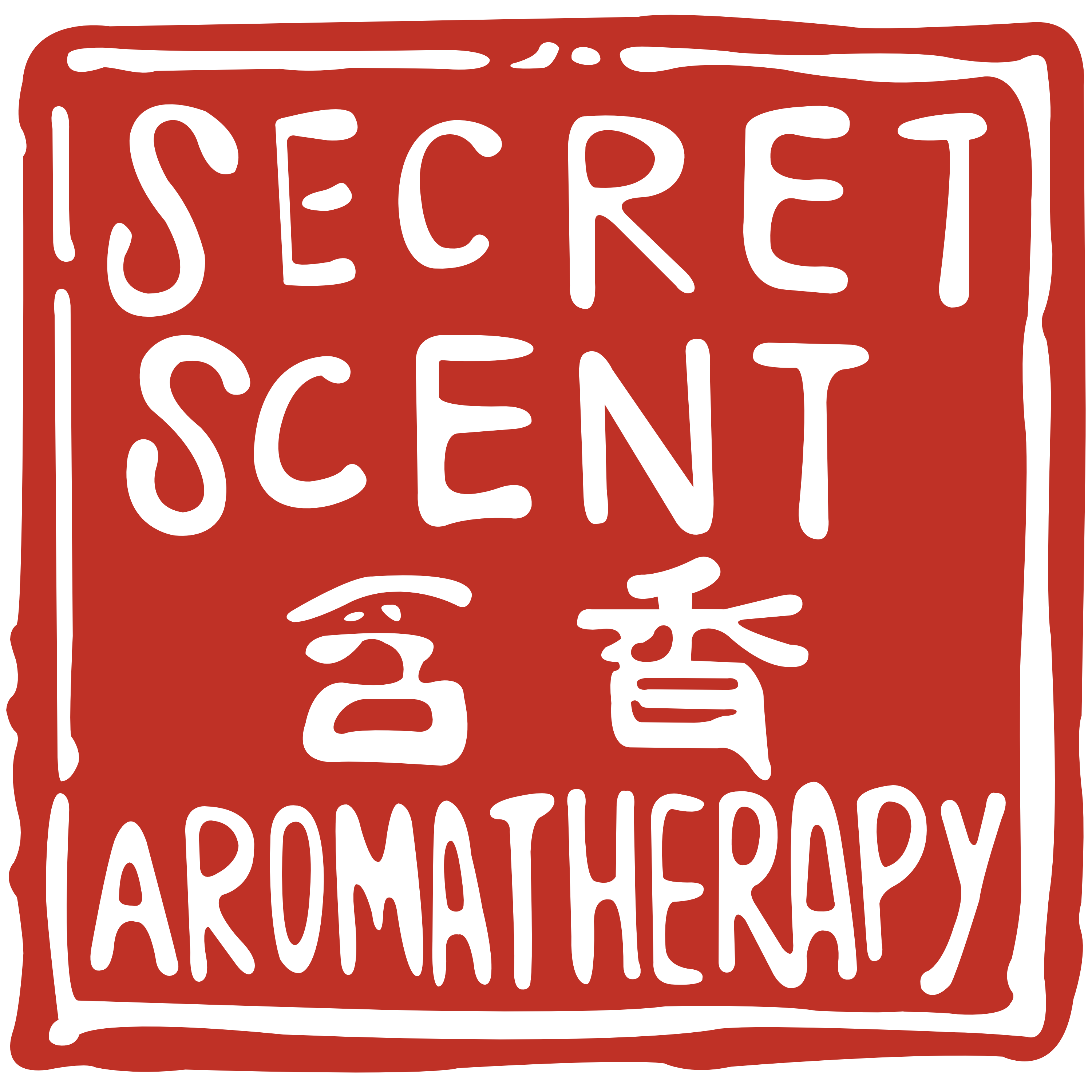About Our CaraCare Signature Scent

What does CaraCare do?
As a trained trauma therapist and accredited mental health social worker, CaraCare’s founder, Mary Jo McVeigh saw the need for a very special programme for helping children who have been abused, traumatised and severely disadvantaged.
CaraCare runs unique and innovative group work programmes which combine senses, music, dance and creative arts to tap into a traumatised child’s natural healing potential and develop connections with others. Mary Jo sees child abuse not only as a family issue, but a societal one. She believes in the strength of action by all for all – healing the community by the community.
The Cara Philosophy
When we are in service of others we at Cara seek to bring hope where despair burdens, bring light where darkness creeps in, bring beauty where ugliness festers, bring joy where heaviness lies, bring love where pain sears.
Having a bank of experts contributing to the programmes, Mary Jo also saw the need for a sensory experience to help the children through smell. As we all know, certain smells can tie us strongly to a memory, whether it be good or bad. This process in the brain is called somatosensory flashback and is recalled long before a narrative memory is formed. Young children in particular often associate certain smells with their traumatic experiences. Equally, to create new positive memories, it is important to incorporate smell as part of the healing process.
It is with this in mind that Mary Jo approached Sharen Turner from Secret Scent. She knew that Sharen’s aromatherapy knowledge and passion would be a great match for the CaraCare programme. Sharen set about creating a range of aromatherapy scents that supports the framework of CaraCare’s approach; to provide a holistic healing process.
To read more about the work that CaraCare does and find out how you can contribute and be involved, visit their website www.caracare.org.au.

What scents make up the CaraCare Signature Scent?
Protection (Frankincense)
The healing journey for a child who has been abused must always start with safety. No trauma can be processed, no meaning found in struggle, no discovery of the beauty of who are your despite the abuse can be released unless protection is in place.
Nurturing (Lavender)
When a child is protected from abuse and harm they can nurture themselves and be nurtured by others. From within the safety of nurturing carers and environment children can start to step away from all that the abuse did to hold them back. The fears, the anxiety, the emotional wounds can be soothed in this sanctuary of safety.
Letting Go (Chamomile)
From the protection and nurturance of family, friends, therapist and community children can start to break free from the effects of abuse. They can be helped to remove the self-limiting or negative practices that abuse imposed upon them.
Release (Bergamot)
When children have the opportunity to be assisted to remove the negative impacts of abuse they can release all the repressed emotions that block their vital life force. They can find themselves again and regain their belief in themselves and people around them. With this regained confidence they can fully participate with their world. They are free to ‘be’.
Joy (Mandarin)
With this freedom ‘to be’ comes a great joy and sense of calmness. The burden of the effects of abuse is lifted. Life becomes filled with the wondrous awe, beauty and joy that the gift of childhood bestows. Joy brings with it not only a sense of fun and happiness but increased mental and physical health.
It does not take an expert to realize that children love to have fun, but it does take professional confidence to bring fun into the counselling room, especially when talking about such grave matters as trauma.
Moving Forward (Neroli)
With joy filling a child’s world where struggle once was children can move forward and embrace all that life has to give. They can make choices from a place of hope for the future and leave despair behind.
It is commonplace for adults to ask, and children to volunteer information on, what they want to be when they grow up. Most children, from the age that they realise that they will be ‘big one day’, love to engage in’ When I grow up I will….”- talk.
It is important for counsellors to have this future orientated theme in their work. It allows for children to see life without counselling, allows them to see a time when they will not have the problems they are currently coming to counselling for, and it can also allow for solutions to be found for current problems.
